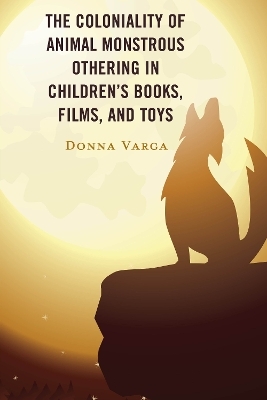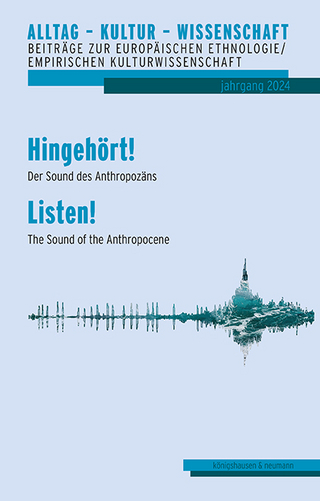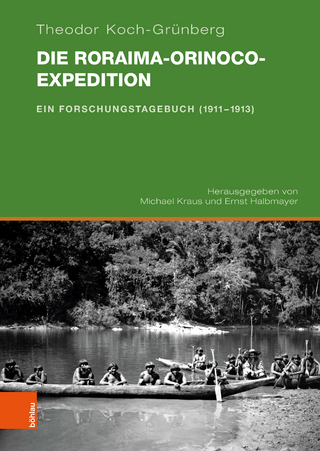
The Coloniality of Animal Monstrous Othering in Children’s Books, Films, and Toys
Seiten
2024
Lexington Books/Fortress Academic (Verlag)
978-1-6669-0484-0 (ISBN)
Lexington Books/Fortress Academic (Verlag)
978-1-6669-0484-0 (ISBN)
This book critiques how wolves and other animals thought unlikeable are negatively portrayed and become targets of violence in materials directed toward young consumers. The author counters these portrayals by discussing materials that articulate harmonious animal-human interrelationships.
The Coloniality of Animal Monstrous Othering in Children’s Books, Films, and Toys examines how the portrayal of animals as physically distorted, behaviorally depraved, and intellectually defective serves to justify their debasement, violation, and destruction in materials directed toward young consumers. The author argues that this animal monstrous Othering arises from the Eurocentric belief in humans’ natural superiority over animals and the right to categorize animals in accordance with a scale of worthiness that parallels the subjugation of racialized persons. The chapters examine a variety of canonical figures like the dissolute wolf of Red Riding Hood stories and the disfigured titular character of the Wonky Donkey picture book alongside non-canonical animals including reprobate pigs, degenerate sharks, self-centered flamingos, and wicked piranhas. To counter this animal debasement, Varga juxtaposes these readings with an examination of materials that articulate harmonious animal-human interrelationships without dependence on styles of anthropomorphism that diminish animality.
The Coloniality of Animal Monstrous Othering in Children’s Books, Films, and Toys examines how the portrayal of animals as physically distorted, behaviorally depraved, and intellectually defective serves to justify their debasement, violation, and destruction in materials directed toward young consumers. The author argues that this animal monstrous Othering arises from the Eurocentric belief in humans’ natural superiority over animals and the right to categorize animals in accordance with a scale of worthiness that parallels the subjugation of racialized persons. The chapters examine a variety of canonical figures like the dissolute wolf of Red Riding Hood stories and the disfigured titular character of the Wonky Donkey picture book alongside non-canonical animals including reprobate pigs, degenerate sharks, self-centered flamingos, and wicked piranhas. To counter this animal debasement, Varga juxtaposes these readings with an examination of materials that articulate harmonious animal-human interrelationships without dependence on styles of anthropomorphism that diminish animality.
Donna Varga is professor in the Child and Youth Study Department at Mount Saint Vincent University, Halifax.
A Few Words About Words
Introduction: Coloniality, Commodification and the Animal as Monstrous Other
Chapter 1: Racist Animal Othering
Chapter 2: Beware the Beast: The Coloniality of Animal Monstrous Othering
Chapter 3: Scientific Discourse and the Zoological Gaze in Animal Monstrous Othering
Chapter 4: Happy Captives and Monstrous Hybrids: The Flamingo in Children’s Stories
With Victoria Dempsey
Chapter 5: Countering the Coloniality of Animal Monstrous Othering
| Erscheinungsdatum | 10.08.2024 |
|---|---|
| Reihe/Serie | Children and Youth in Popular Culture |
| Sprache | englisch |
| Maße | 157 x 236 mm |
| Gewicht | 513 g |
| Themenwelt | Sozialwissenschaften ► Ethnologie |
| Sozialwissenschaften ► Soziologie | |
| ISBN-10 | 1-6669-0484-8 / 1666904848 |
| ISBN-13 | 978-1-6669-0484-0 / 9781666904840 |
| Zustand | Neuware |
| Haben Sie eine Frage zum Produkt? |
Mehr entdecken
aus dem Bereich
aus dem Bereich
Wert, Tausch und menschliches Handeln
Buch | Softcover (2023)
diaphanes (Verlag)
28,00 €
Buch | Softcover (2024)
Königshausen u. Neumann (Verlag)
28,00 €
ein Forschungstagebuch (1911-1913)
Buch | Hardcover (2023)
Böhlau (Verlag)
100,00 €


